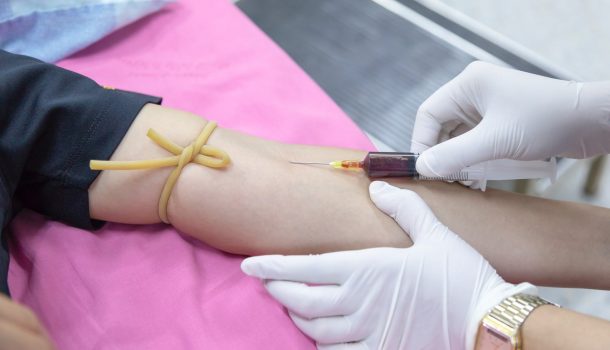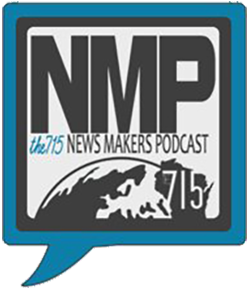Someone needs blood or a blood product every two seconds in the United States, and one out of every seven people who enter a hospital will need a blood product, according to America’s Blood Centers (ABC).
After the holiday season of giving, the ABC says blood and plasma donations become scarce. In a hospital setting this can mean patients in a wide range of circumstances can be limited in how much blood they receive.
Blood transfusions can be necessary for serious injuries, surgeries, childbirth, blood disorders, anemia and many other conditions and situations.
Plasma donations can be vital for patients with liver failure, severe infections and serious burns. Also, plasma donated by a recovered COVID-19 patient, known as convalescent plasma, can help others recover from the virus.

HSHS Sacred Heart and St. Joseph’s hospitals Director of Laboratory Services, Russ Albert says January’s Blood Donor Awareness Month is a critical time to educate the public about the many benefits of being a blood or plasma donor, whether it’s once or on a regular basis.
“Donations are important because we do not have an alternative for blood or platelets; they cannot be manufactured,” said Albert. “Hospitals use blood every single day to help patients.”
Here are 4 top reasons to consider making a life-saving blood donation part of your new year:
- A donation can save a life, or several lives if your blood is separated into its components – red cells, platelets and plasma
- Only 10% of eligible donors donate despite it being a safe and regulated process by the Food and Drug Administration and the American Association of Blood Banks
- Before donating you will get a small, free health check (not to replace regular exams with your provider) that includes pulse, blood pressure, body temperature and iron levels; Also, once your blood is collected and sent to a lab, further testing is done to check for infectious diseases and you are notified immediately if there are concerns
- Blood donation can improve your overall health; Research shows blood donors are 88 percent less likely than others to suffer a heart attack
For more information about how to save and improve quality of life for those in need of blood and plasma, visit the Community Blood Center, which is the organization that supplies HSHS Sacred Heart and St. Joseph’s hospitals with blood and blood products.


